When online banking, using proper security measures is critical to prevent your personal and financial details from falling into the wrong hands. While banks are becoming better equipped to deal with security issues such as data breaches and privacy violations, there remain gaps in the system that allow cybercriminals to squeeze through. To help keep your information safe when online banking, it is important to do your part and follow the best practices for online banking security. Here is a look at some of these best practices, as well as banking services that can provide you with advanced protection.
Create Uncrackable User IDs and Passwords
Your password is your bank account’s first line of defense. If you fail to do anything else, at least take the time to create a tough password. Many people create passwords that are simple to remember, such as a child’s name or their birthdate. Unfortunately, this type of information is easy to find online, leaving your account susceptible to hacks.
When creating and using a password, consider these tips:
- Use both uppercase and lowercase letters, numbers, and special characters
- Change your password regularly
- Avoid using automatic login features for your user IDs and passwords
- Never share your username or password with another party
Protect Account Data and Online Payments
The average online banking account contains a wide range of personal information, including transaction details and other private data. If a hacker manages to bypass the login screen, they can gain access to your account data and the services that go along with it, such as online payments.
To help protect your account data and online payments, consider the following tips:
- Make use of your account’s transaction limits
- Take advantage of account notifications and alerts
- Regularly review account reports and statements to confirm your transaction history
- Maintain separate accounts for paper and electronic transactions to make it easier to monitor your spending and identify discrepancies
- Immediately log off your account after completing a transaction to close the connection between your device and the financial institution
- Continue to monitor account activity and review transactions on a daily basis to prevent illegal transactions and other misdeeds from going unnoticed
Use Other Smart Online Banking Security Practices
You work hard for the money that you earn, and you want to keep it in your bank account, not someone else’s. You also want to prevent your personal information from getting stolen and misused by cybercriminals. While there is no foolproof way to eliminate these risks, you can greatly reduce your chances of becoming a victim by following a few general guidelines.
To help keep your online bank account safe, consider these tips:
- Never sign into your bank account from a public computer or any unsecured computer
- Each time you log into your account, check the last login date. If you notice that someone else has been signing in, contact your financial institution immediately
- Regularly review your account balances and transactions to confirm that no illegal charges have been made from your account. Report any suspicious transactions to your financial institution
- Opt for Bill Pay services instead of using checks to help reduce the exposure of your account number and to better maintain your records
- Keep an eye on your account alerts, including your balance alerts, transfer alerts, ACH alerts, and password change alerts
- When creating usernames and passwords, never use private information such as social security numbers or account numbers
- Never leave your bank account open and unmonitored when you walk away from the computer
- Avoid making bank transactions when you have multiple browsers open at one time
- Review your account’s historical reports on a regular basis to confirm your transaction activities
- Have sufficient antivirus and anti-malware protection on all of your devices to prevent viruses and malicious software from spreading
- Keep a firewall on your devices that can help monitor what data is coming in and out of your networks. You can also block certain internet sources
Learn More About Online Banking Security
Are you worried about the safety of your online bank account? You are not alone. Many people worry that their personal information or bank details will be stolen. Fortunately, your personal banking information is fairly safe due to advancements in technology that allow banks the ability to protect consumer data. However, it is still important to take extra precautions to protect your banking information. To learn more about online banking security best practices or to inquire about online banking services, contact the banking experts at FVCbank.




